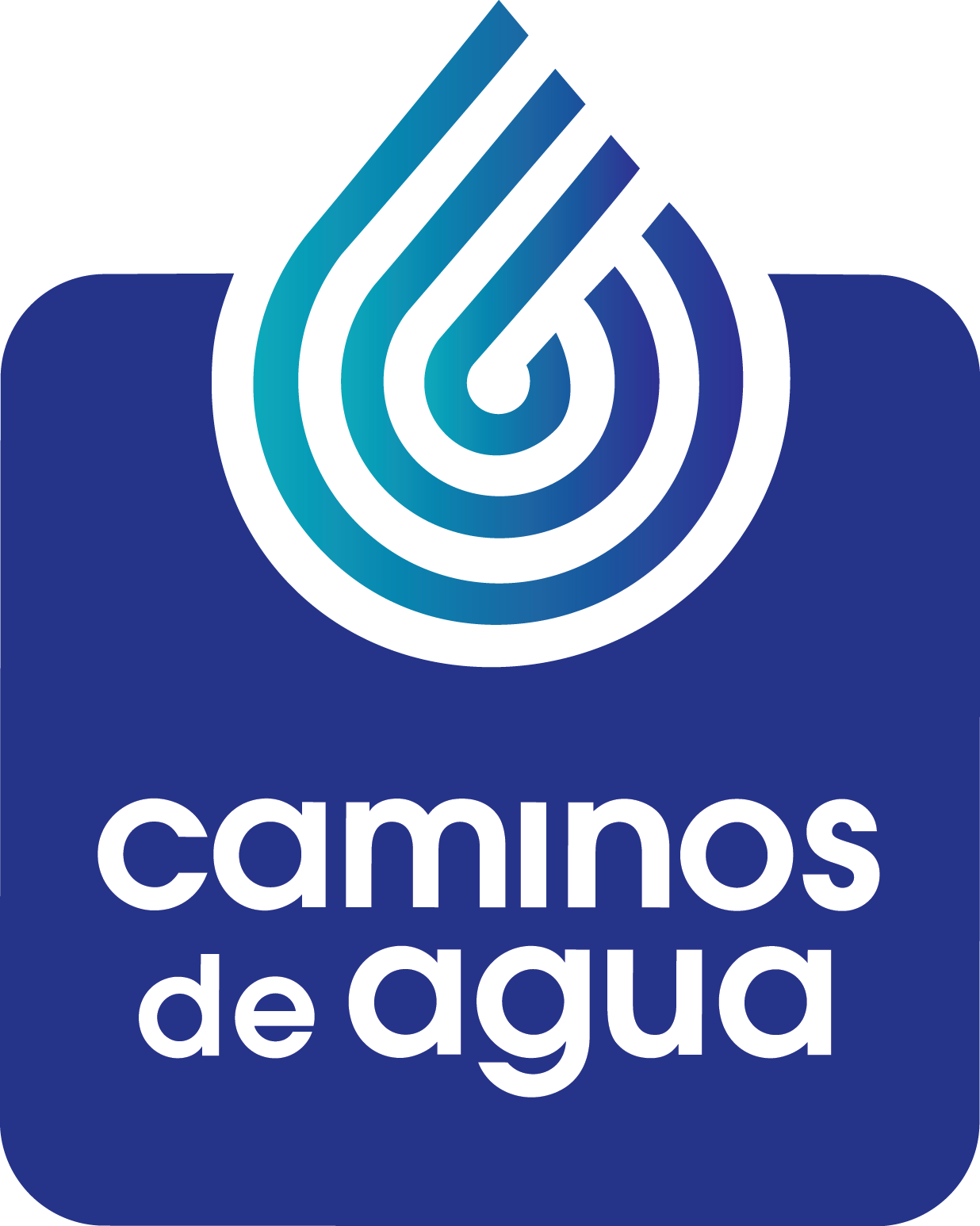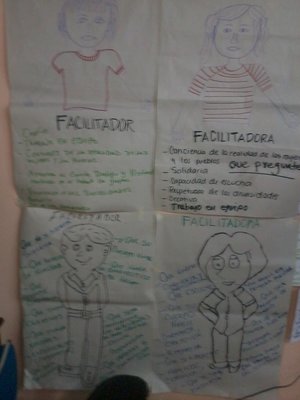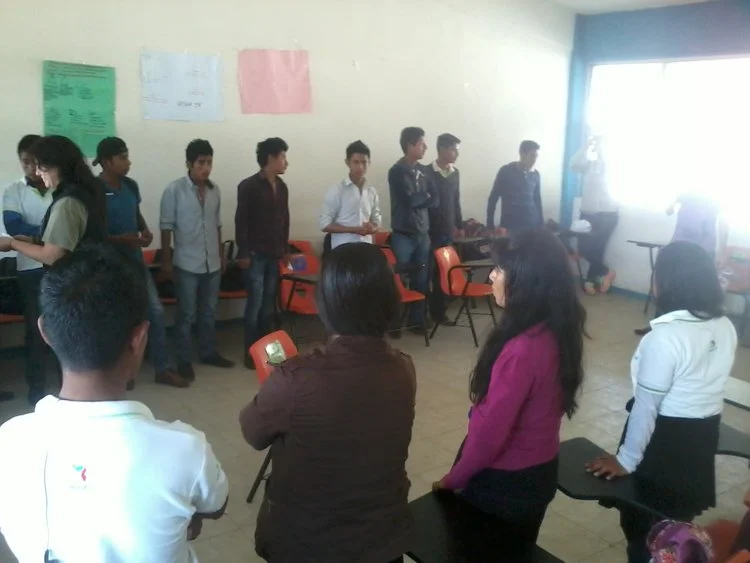What do Chiapas, popular education and Saúl Juárez have in common?
These are the words of Saúl reflecting on his trip to Chiapas as part of his JWH initiative leadership prize.
Last year, I was fortunate to be awarded a grant from the JWH Initiative, which would be destined to continue training me in different aspects that will allow me to better perform the work that I have been doing for some years- mainly with people living in the rural communities of this region on water and other environmental issues.
The original grant applied for funding to do popular education training with an organization “Edcucreando” but due to the change in scheduling, I had to look for another option. Luckily, a representative of Concern America recommended another amazing program: Moxviquil.
The qualities of a good facilitator
Moxviquil runs a monthly module in a year program on popular education and community leadership. (If Chiapas were closer to Guanajuato State, I would be participating in the year diploma!) With the JWH Initiative funding, was able to participate in two of their modules: "Gender and Equity in Diversity" (May 19-21). In this module, I learned techniques for group management, designed to generate confidence in the people that make up a group, generate ideas exchange, analysis, discussion and criticism, develop possible methodologies, and diagnoses with a focus on inclusiveness. Popular education, which is the basis of these techniques, is without a doubt, a way to create an experience that allows participants to reflect deeply on their formation as subjects. To recognize women's' value and importance in transformative processes is undoubtedly one of the most important aspects that I take away from this course.
From May 22-25, I participated in another module “Governance and Territoriality.” I learned about the work experiences from people and organizations in different parts of the state of Chiapas. We analyzed everything related to the situation that is being experienced in each of the regions in terms of territory and how actions should be taken to care for and protect those areas. We created a profile for characteristics that we look for in community leaders.
From May 26-28, I participated in another module of “Training of Trainers,” in which the participants put into practice the popular education tools that they have been learning in the full year-long course. The participants in the course were tasked with preparing everything necessary to give a workshop in a high school in the community of Santiago del Pinal. The following day, simultaneous workshops were given to an average of 100 students on the Environment. In addition, a reforestation day was held where an average of 500 trees were planted in a previously identified community area. In this activity, I was able to share with the students and other people some knowledge regarding tree planting. The second part of the workshop was feedback: each of the trainers reflected on their experiences, looking at things to improve, successes, etc and others also provided suggestions and reflections.
Since I was in the region, I took advantage to arrange additional interviews and exchanges with other organziations that are beneficial to improving my work.
From May 29 to June 1, I visited the following organizations:
Cantaro Azul: Caminos de Agua has worked with this organization in the past. I was able see their facilities and some of the water supply and water purification systems that they use in their projects. We agreed to keep in touch and seek the opportunity to share a project on the subject of water sanitation that allows us to learn and improve our processes mutually.
I also saw the facilities and work of Madre Tierra. We talked about the contexts in which we develop our different activities.
To round out my time in Chiapas, for the final three days, I accompanied Concern America staff to see the work they are doing in large-scale water provision systems. They are piloting a water filtration system Caminos de Agua produces, and we exchanged ideas about how to best go about working together.
Group activities in popular education training
In short, I am very happy and grateful for the experience. I think that much of what I have learned so far on popular education is applicable within the activities that I carry out, and I am left with the challenge of doing so.
The reflection that follows is from the JWH Initiative nominator, Jennifer Ungemach.
Saul came back from Chiapas and was quickly reminded that he has a lot to learn on how to incorporate techniques that empower participants into his work in the region. In staff meeting on Monday, Saul reported on his visit to a nearby San Miguel de Allende community.
“There were 15 women there and I thought about how to incorporate techniques from my training but WOW, it’s difficult. The context here is so different and it appears that these women have not worked together before. They all come into San Miguel de Allende and work and then travel back so are not a part of the daily life like in other rural communities. There was obvious miscommunication about the scope of the rainwater harvesting project to take place and some differences of opinions over how to do it. But we were able to reach an agreement that we should build the initial rainwater harvesting system in a common space, so we picked the elementary school. I have a lot to learn about how to use new techniques to strengthen groups.”
In another conversation the previous week, Saul shared with me, “Wow! It was incredible to be in a workshop on gender there with all women. A little scary but incredible. The women shared stories and reflections that really made me think!” (Saul’s visit just also happened to coincide with the formal presidential postulation of María de Jesús Patricio -the first indigenous woman to run for this office in the country. He attended the assembly and was moved to hear more about different processes for social change, many linked to the environment.
The JWH Initiative is an amazing opportunity for Saul. Stay tuned for further updates on how he uses the funds to further his leadership skills in the environmental field.


